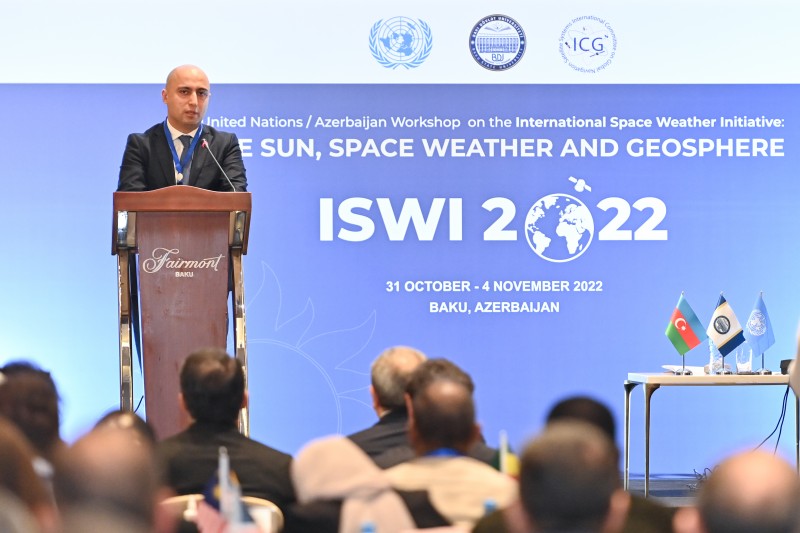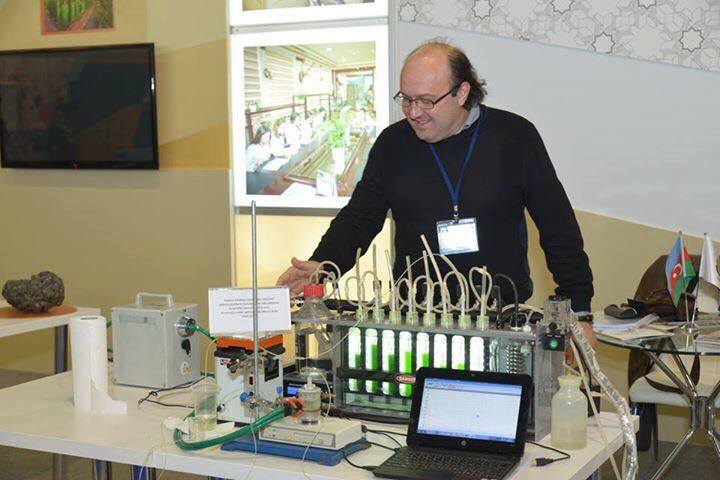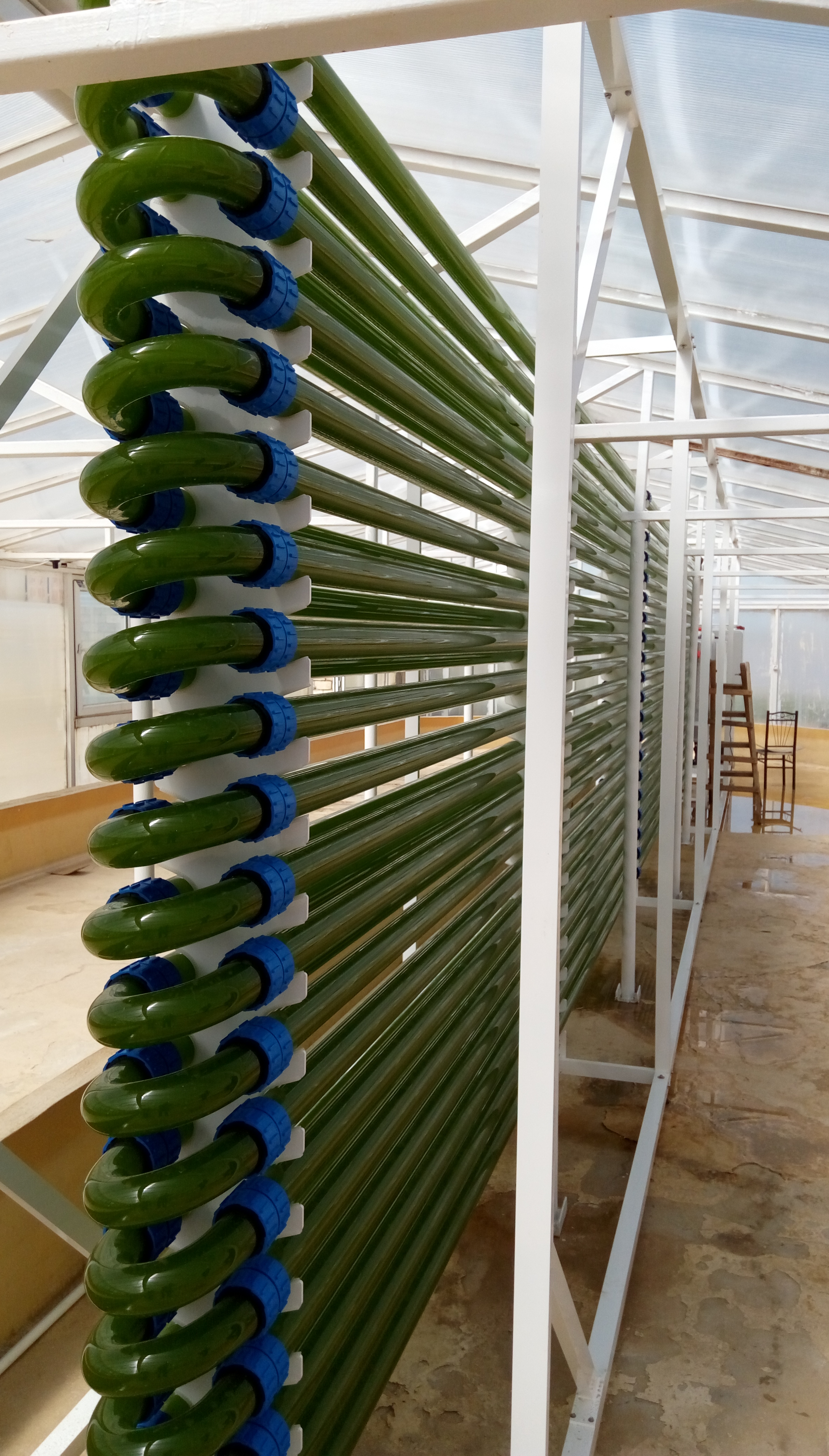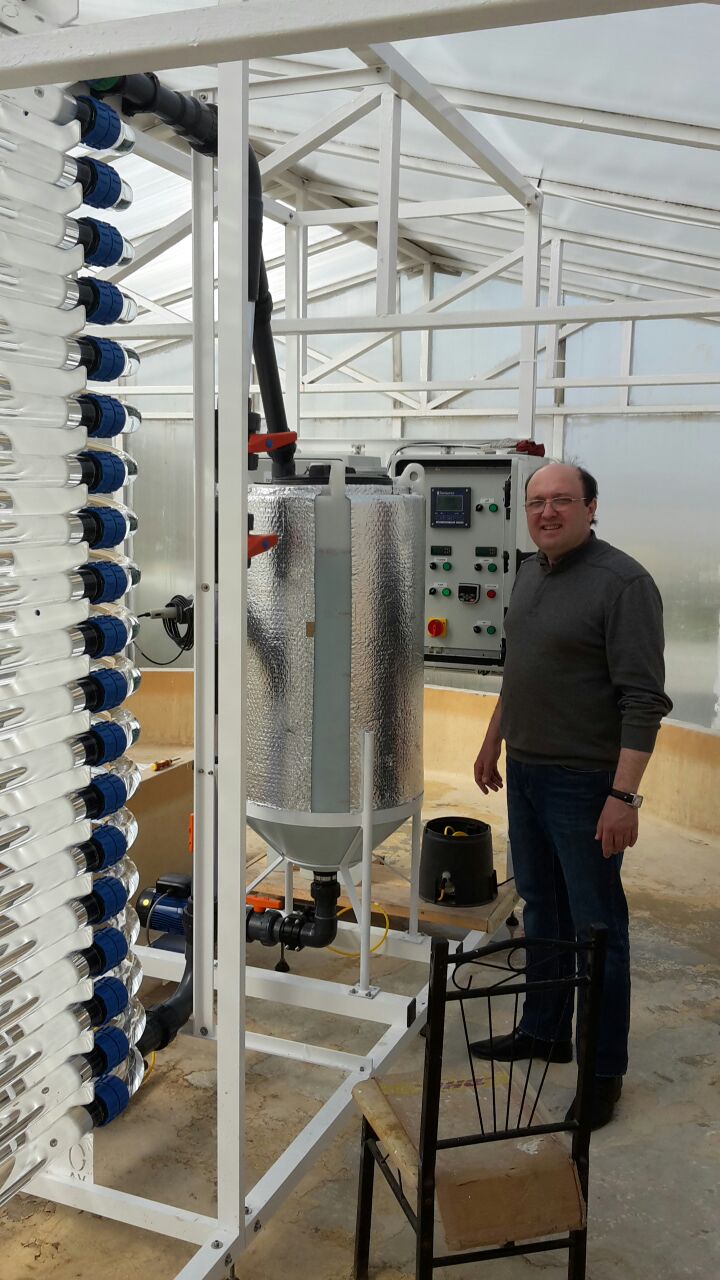.jpg) The GHG Protocol
The GHG Protocol
Although we don't have a target date for when it will achieve carbon neutrality in terms of greenhouse gases, our study is ongoing. To address and relate to certain target groups, understanding about climate change, its science, implications, and coping mechanisms must be modified. As a result, unique activities are evolving and being tailored in accordance with age, university kind and level, as well as circumstances and specific demands. Education is a crucial element and a catalyst for addressing global climate change since it fosters knowledge and skill growth. At the international level, its significance has become considerably more apparent. Our primary goals are the advancement of training in this field at the university level, the planning of mitigation measures, the improvement of quality and addressing climate change, and the advancement of renewable energy sources.
University carbon reduction target
Although we don't have a goal date for when it will achieve carbon neutrality in terms of greenhouse gases, our study continues every year. To address and relate to certain target groups, understanding about climate change, its science, implications, and coping mechanisms must be modified. As a result, unique activities are evolving and being tailored in accordance with age, university kind and level, as well as circumstances and specific demands. Education is a crucial element and a catalyst for addressing global climate change since it fosters knowledge and skill growth. At the international level, its significance has become considerably more apparent. Our primary goals are the advancement of training in this field at the university level, the planning of mitigation measures, the improvement of quality and addressing climate change, and the advancement of renewable energy sources.
Energy generated in campus through renewable sources
Economic LED lighting has been implemented in all University buildings since 2019. By doing this, we can save twice as much electrical energy as in past years. Additionally, it is being investigated to apply smart solutions to the university's heating systems. The University will use student-made heating systems and a prototype for a project involving the use of H2 gas as a fuel for heating systems.
The implementation of electronic document circulation has significantly minimized the consumption of paper within the organization. By adopting this eco-friendly approach, we have successfully reduced our paper usage to a minimum.
 |
 |
.jpg) |
.jpg) |
.jpg) |
.jpg) |
In 2023, we want to enhance the quantity of renewable energy projects. at order to collect some of the electricity utilized at the university from these systems, we intend to increase the number of solar panels and wind turbines installed in the institution's yard. Some of the aforementioned energy generation projects were created locally by college students.
https://www.youtube.com/watch?v=m3Df82I0UUs
https://www.youtube.com/watch?v=Rv7lPTnzx1A
https://www.youtube.com/watch?v=TfcVIcVmR3A
Bioengineering Lab
In the Bioengineering laboratory research is being carried out the modes of cultivation of unicellular algae such as Chlorella, Spirulina, Haematococcus and Dunaliella. The aim of the research is to obtain optimal cultivation regimes in which the biomass produces the maximum amount of antioxidants such as β-carotene, astaxanthin, lutein. Research is carried out on a laboratory photobioreactor coupled to PC. In order to extract antioxidants we have investigated ultrasonic treatment modes on microalgae cells and carried out a comparative analysis of antioxidant activity. Also, in cooperation with the company Absheron Biotechnology, our group assembled and launched a tubular photobioreactor with a capacity of 1500 liters to obtain microalgae biomass. Such pilot project allow us perform the feasibility study of algae cultivating parameters in relation to Absheron climate.
 |
 |
 |
 |
